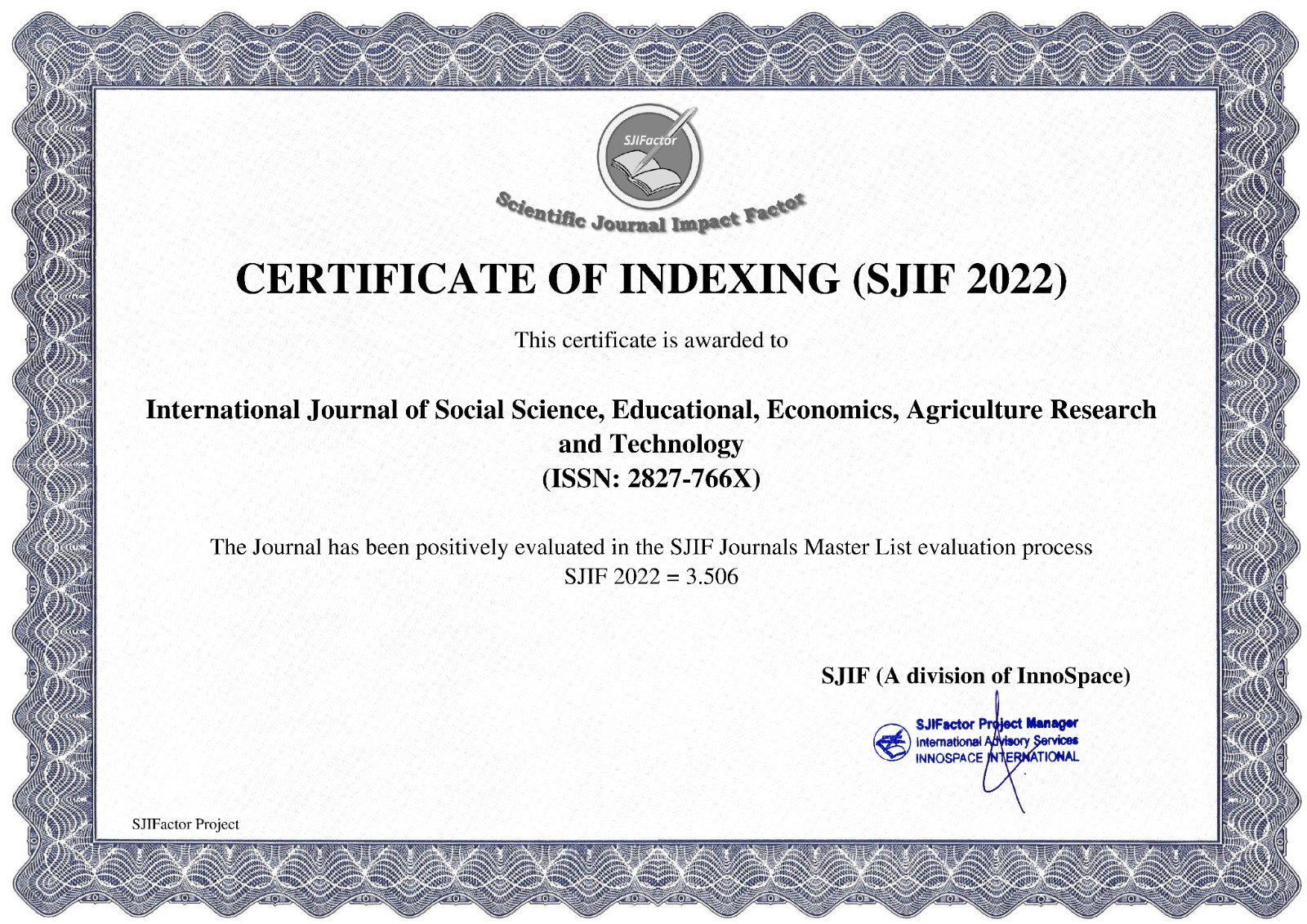ENHANCING STUDENT ENGAGEMENT IN ONLINE LEARNING ENVIRONMENTS: STRATEGIES AND BEST PRACTICES
Main Article Content
Sajad Ahmad Malik
Online learning has become an integral component of contemporary education, offering flexibility and accessibility. However, ensuring active student engagement in virtual classrooms remains a persistent challenge. This work explores strategies and best practices to enhance student engagement in online learning environments. A comprehensive literature review synthesizes existing knowledge on factors influencing engagement, theories guiding online learning, and the impact of technology. The study employs a mixed-methods approach, combining surveys and interviews to gather insights from a diverse sample of online learners. Findings reveal key strategies, such as interactive course design, timely feedback, and fostering a sense of community, that significantly contribute to increased engagement. The discussion interprets these results in light of current literature, highlighting practical implications for educators and administrators. As online education continues to evolve, this research offers valuable insights into cultivating a vibrant and participatory virtual learning experience. The conclusion emphasizes the importance of adopting these strategies to optimize student engagement and underscores the need for ongoing research in this dynamic educational landscape.
• Brown, A. R. (2017). Online Learning: A Comprehensive Overview. Journal of Educational Technology, 25(4), 789-802.
• Garcia, L. M., & Patel, S. K. (2021). Exploring the Role of Instructor Presence in Online Courses. Tech Education Review, 8(2), 211-230.
• Thompson, R. W. (2019). The Influence of Discussion Forums on Student Collaboration in Virtual Classrooms. International Journal of Educational Technology, 12(1), 45-62.
• Hernandez, M. J., & Smith, P. Q. (2018). Gamification in Online Education: A Case Study Analysis. Educational Gaming Quarterly, 14(3), 321-339.
• Chen, H., & Davis, S. M. (2020). The Impact of Social Presence on Learner Satisfaction in Online Courses. Journal of Interactive Online Learning, 18(2), 134-150.
• Kim, Y. S., & Lee, H. R. (2016). Integrating Multimedia for Effective Learning: A Meta-Analysis. Journal of Educational Multimedia and Hypermedia, 25(3), 271-289.
• Anderson, T., & Rourke, L. (2018). Interaction in Online Learning: Are We Missing the Human Touch? International Review of Research in Open and Distributed Learning, 19(5), 123-145.
• Wang, L., & Johnson, K. A. (2017). Exploring the Role of Peer Feedback in Virtual Collaborative Projects. Journal of Computer-Supported Collaborative Learning, 23(4), 567-586.
• Cooper, H., & Thompson, D. J. (2019). E-Learning and Student Engagement: A Meta-Analysis of Research. Educational Psychology Review, 31(3), 523-550.
• Lopez, M. P., & Turner, R. H. (2022). The Effect of Mobile Learning Apps on Student Motivation: A Comparative Study. Journal of Mobile Learning and Multimedia, 28(1), 89-106.






















